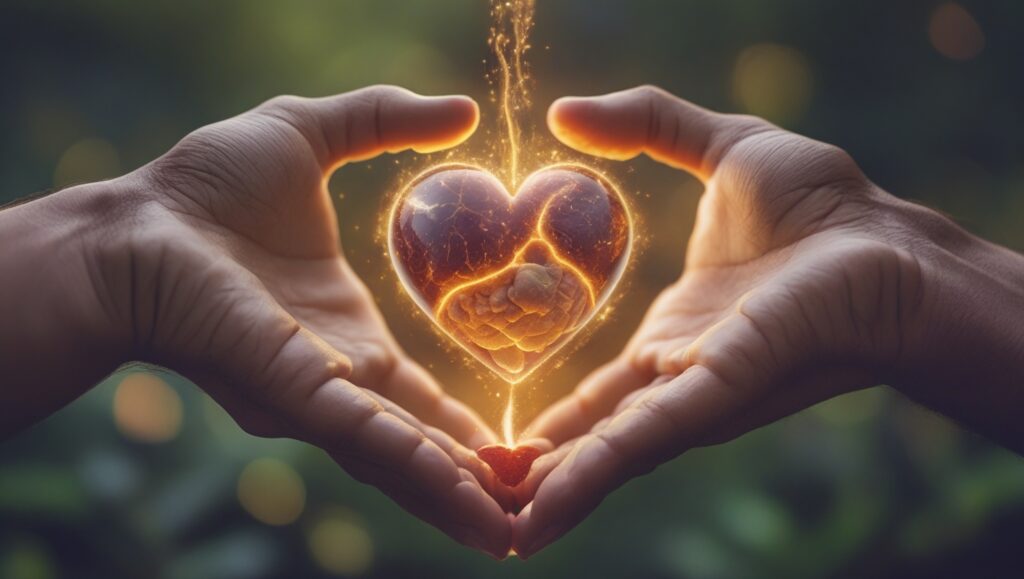Every human has feelings, thoughts, and emotions that are sometimes visible and sometimes hidden deep inside. These hidden feelings or secret urges are called “Antarvasna” in Hindi. In English, we can call it inner desire or inner urge. It is a natural part of being human, but many people feel confused, guilty, or afraid when they feel these desires.
What Is Antarvasna?
The word “Antarvasna“ comes from two Sanskrit/Hindi words:
- “Antar” means inner or inside
- “Vasna” means desire, urge, or longing
So, antarvasna means “an inner desire that lives inside a person”. It can be related to anything — love, sex, success, revenge, fear, or even spiritual growth.
These desires may be private or secret because a person might not feel comfortable sharing them with others. Sometimes they are strong; sometimes they are just feelings that pass.
Types of Antarvasna (Inner Desires)
Antarvasna can come in many forms. Some are healthy and positive, while others might be negative or harmful if not handled properly.
1. Emotional Desires
We all want to be loved, respected, or appreciated. These are emotional desires. For example:
- Wanting someone to notice you
- Craving friendship or attention
- Wanting to feel important
2. Physical or Sexual Desires
This is the most commonly discussed form of antarvasna. These are natural human feelings connected to attraction, love, or physical touch. But because many cultures see sex as a taboo topic, these desires often stay hidden inside a person.
3. Desires for Success or Power
Some people have strong inner dreams to become rich, famous, or powerful. These desires can be motivating but also dangerous if they become greedy or selfish.
4. Revenge or Negative Urges
If someone hurts us, we may feel an urge to hurt them back. This too is antar vasna — but one that must be controlled to avoid harming others or ourselves.
5. Spiritual Antarvasna
Some people feel a deep urge to find the meaning of life, to meditate, or to connect with God or the universe. This is also a powerful form of inner desire.
Why Do We Feel Antarvasna?
Antarvasna is a natural part of the human mind. Every person has desires because:
- We are emotional beings
- We have needs – physical, emotional, social, and spiritual
- We learn from society and media what we “should” want
- We carry past experiences – pain, love, trauma, success
- We imagine a future – we dream and wish
These urges come from inside, shaped by our upbringing, culture, personal experiences, and biological nature.
Is Antarvasna Wrong?
No, having antar vasna is not wrong.
It is not a sin or a crime to feel something. What matters is how we act on those feelings.
For example:
- Wanting to love someone is natural.
- Wanting to become successful is good.
- But hurting others, stealing, or cheating to get what you want is wrong.
So, we must understand our inner desires, not suppress or blindly follow them.
The Problem With Suppressing Antarvasna
Many people try to hide or deny their antar vasna because they are scared of being judged by society, family, or religion.
But when you suppress a natural desire for too long, it can lead to:
- Stress and anxiety
- Depression
- Unhealthy relationships
- Secret addictions
- Mental health problems

The solution is not to act without thinking but to recognize, accept, and manage your antarvasna in a healthy way.
How To Understand and Manage Antar vasna
Here are some helpful steps to deal with your inner desires:
1. Be Honest With Yourself
Don’t lie to yourself about what you feel. It’s okay to have a desire. You’re human. Understanding it is the first step.
2. Ask: Why Do I Feel This?
Is it from loneliness? Is it from a bad experience? Or is it coming from love, passion, or purpose?
3. Find Safe Outlets
- Talk to a counselor or therapist
- Write in a diary
- Practice meditation or yoga
- Share feelings with someone you trust
4. Control, Don’t Destroy
You don’t have to kill your desire. You just need to control it so it doesn’t control you.
5. Accept That It’s Natural
Don’t feel guilty for having feelings. You are not alone. Everyone has antar vasna — even if they don’t admit it.
Antarvasna in Literature and Culture
Indian literature, films, and poetry have often explored antar vasna. From ancient texts like the Upanishads to modern films and novels, human desires have always been a central theme.
Some examples include:
- Kalidasa’s plays talk about love and longing
- Modern movies often show characters with secret dreams
- Spiritual books talk about how to overcome worldly desires
This shows that antar vasna is not new. It has always been part of human life.
When Antarvasna Becomes Dangerous
While antar vasna itself is natural, some desires can become dangerous if they:
- Harm other people
- Lead to illegal behavior
- Cause obsession or mental illness
- Make someone lose control
In such cases, it is important to get professional help and not act without thinking.
Antar vasna and Society
In many cultures, especially South Asian societies, topics like love, sex, or personal desires are seen as taboo. People are not allowed to talk freely.
As a result:
- People feel shame
- Desires become secretive and unhealthy
- Fake morals create double lives
It is important for society to become more open, safe, and understanding, especially with youth. Education, mental health support, and safe discussions are necessary.
Antar vasna and Spiritual Growth
In spiritual paths like Buddhism, Hinduism, and Jainism, antar vasna is seen as a force that must be understood and transcended.
Monks and yogis often talk about controlling desires through:
- Meditation
- Discipline
- Simplicity
- Detachment
But they don’t hate antar vasna—they try to rise above it to reach peace.
Even if you are not spiritual, learning to manage your antar vasna can bring you:
- Inner peace
- Self-control
- Healthy relationships
Conclusion
Antar vasna, or inner desire, is a powerful part of the human mind. It can lead to both creation and destruction. Understanding it with honesty and care is the key to living a healthy, peaceful life.
Don’t be afraid of your antar vasna. Instead, listen to it, learn from it, and guide it with wisdom. That is the true path to inner growth and happiness.


